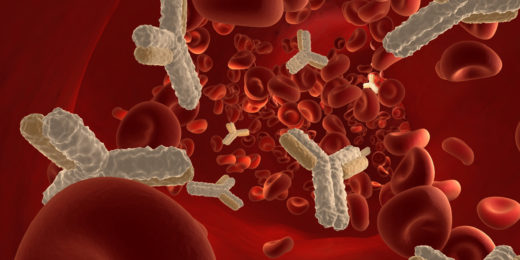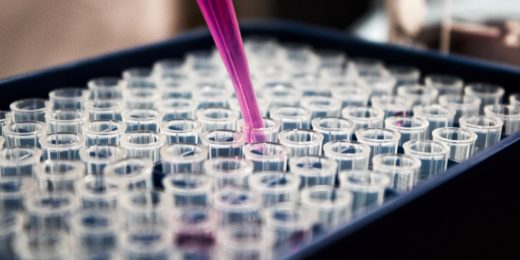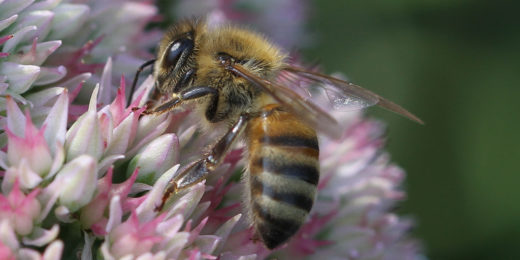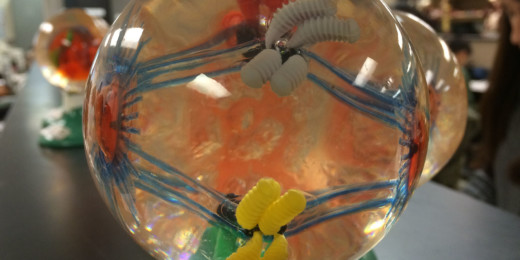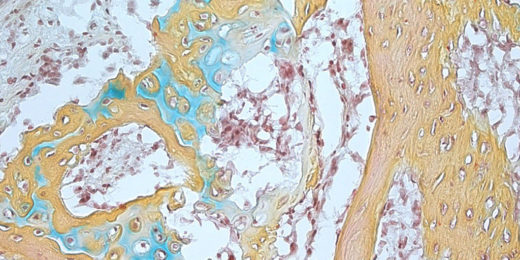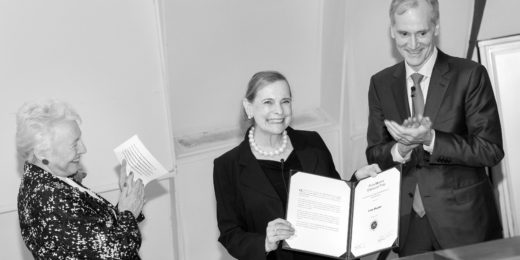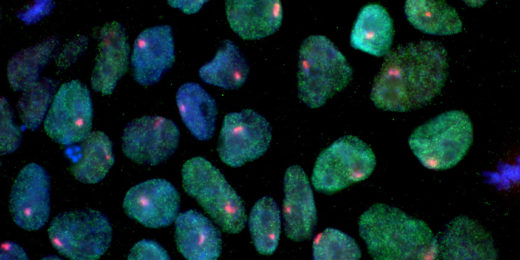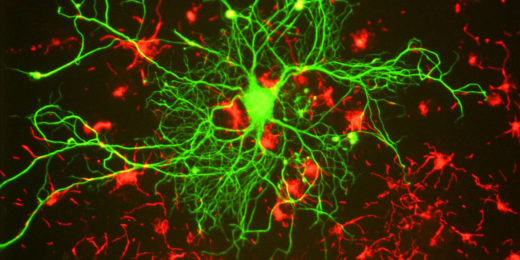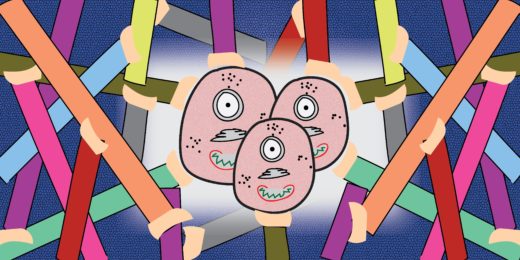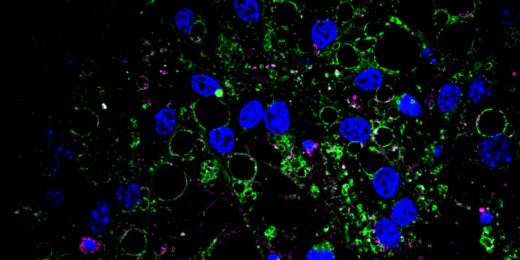This In the Spotlight features Kyle Loh, a stem cell researcher who is working to create pure populations of cells. He also enjoys road bicycling.
Category: Stem Cells
Nicotine’s effect on the developing embryo studied in new model
Using human embryonic stem cells to study nicotine's effect in development shows defects in cellular communication and longevity, say Stanford scientists.
Bone marrow transplants may be possible without toxic pre-treatment, new research suggests
Antibody-based hematopoietic stem cell transplants may transform the treatment of patients with blood and immune diseases including cancers.
Transplanting mismatched organs may be possible — and safe — in the future, new findings suggest
A team of researchers have found a new way to remove blood-producing stem cells, introducing the possibility of safer, and non-matched, transplants.
Don’t worry, bee happy: Royal jelly keeps embryonic stem cells agile
Honeybee royal jelly affects the developmental potential of mouse stem cells. A structurally similar protein in mammals could aid stem cell research.
Backwards progress? Skeletal stem cells turn back time to correct damage
Is extensive regeneration possible in humans? Stanford researchers show skeletal stem cells can move backward developmentally when major repairs are needed.
Genetics of rapid deer antler growth, discovered
Stanford scientists identified two key genes responsible for the rapid bone growth of deer antlers, a finding that may one day help treat bone disease.
“Mitotic catastrophe” describes how aged muscle stem cells die, and provides clues to keeping them healthy
'Mitotic catastrophe' hampers the ability of aged muscle stem cells to repair damage. Manipulating this process could lead to new therapies for old muscle.
Human skeletal stem cell can generate cartilage, bone
Discovery of the human skeletal stem cell opens the way to regenerate cartilage and bone to repair damaged tissues, say Stanford scientists.
Celebrating Lucy Shapiro, from artist to award-winning developmental biologist
A profile by The Scientist of Lucy Shapiro, PhD, highlights her career and the passions that guided her groundbreaking scientific research.
Peering into reprogramming’s black box, Stanford researchers ID critical stem cell creation protein
Stanford researchers identify a new protein that can fully substitute for one of the key "Yamanaka factors" to reprogram adult stem cells.
Neurons from blood cells? Stanford study opens doors to large-scale studies of schizophrenia, autism
Blood cells to neurons in just three weeks? Stanford researchers pull off an amazing biological transformation that could transform research into neurological disorders such as schizophrenia and autism.
Where bioengineering and stem cell science meet, and thrive
Mimicking a stem cells' natural environment in the laboratory is impossible without recent bioengineering advances. Stanford scientists reflect on the field and speculate about future possibilities, including growing whole organs.
Aging neural stem cells struggle to take out the trash, say Stanford researchers
Protein aggregates in young neural stem cells seem to echo those seen in neurodegenerative disease-- but could they actually be helpful? As the cells age, they become less able to process the aggregates and their ability to activate is dampened.
Stanford symposium illuminates how stem cell therapies interact with their surroundings
Reaping stem cells’ full therapeutic benefits requires a detailed understanding of the complex relationships between the cells and their environments -- whether in a lab dish or a patient’s body.




